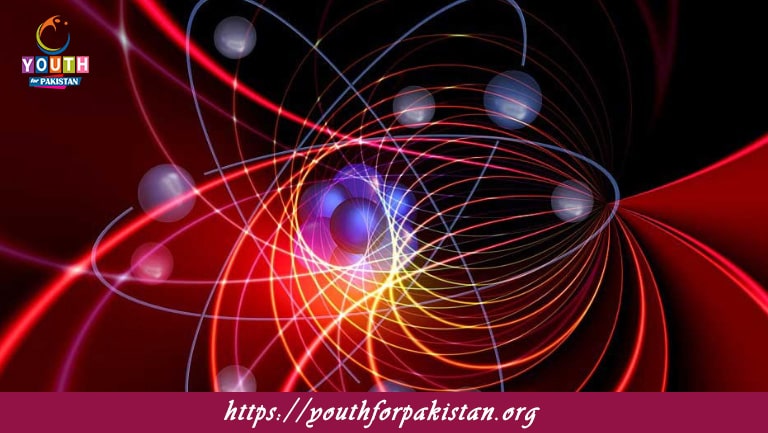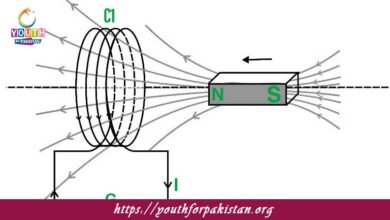Dawn Of Modern Physics MDCAT Quiz with Answers

Dawn Of Modern Physics MDCAT Quiz marks the shift from classical physics to the revolutionary theories that reshaped our understanding of the physical universe. During this transition, which took place in the late 19th and early 20th centuries, came the epochal concepts of relativity, quantum mechanics, and the dual nature of light. Foremost among the key players were Albert Einstein, Niels Bohr, and Max Planck. Einstein’s theory of Special and then General Relativity overthrew classical notions of space and time, while Planck’s work on quantum theory initiated the study of atomic and subatomic particles. In the case of MDCAT students, understanding these fundamental principles is crucial to answering questions about modern physics, which appear quite frequently in both theoretical and practical contexts.
Test Your Knowledge with an MDCAT Quiz
An MDCAT Quiz on the Dawn of Modern Physics is a great way to explore and deepen your understanding of these revolutionary concepts. These quizzes cover topics such as Einstein’s theory of relativity, the quantum nature of light, the photoelectric effect, and Bohr’s model of the atom. Regular practice with these quizzes will help you prepare for questions related to the fundamental ideas that revolutionized the field of physics and are essential for the MDCAT exam.
- Test Name: Dawn Of Modern Physics MDCAT Quiz
- Type: Quiz Test
- Total Questions: 30
- Total Marks: 30
- Time: 30 minutes
Note: Answer of the questions will change randomly each time you start the test, once you are finished, click the View Results button.
Free Flashcards for Quick Revision
Free Flashcards on the Dawn of Modern Physics provide an efficient way to review key concepts such as the photoelectric effect, Einstein’s equation E=mc2 and the quantum nature of energy levels in atoms. Flashcards are great for a quick recall of important definitions and formulas, so you retain the key information necessary to do well on the MDCAT exam.

The uncertainty principle, which states that the position and momentum of a particle cannot both be known exactly, was formulated by:
Werner Heisenberg

The model that describes the atom as a nucleus surrounded by orbiting electrons is called the:
Rutherford model
Experience the real exam environment with our expertly designed collection of over 25,000 MCQs MDCAT Mock Tests.





